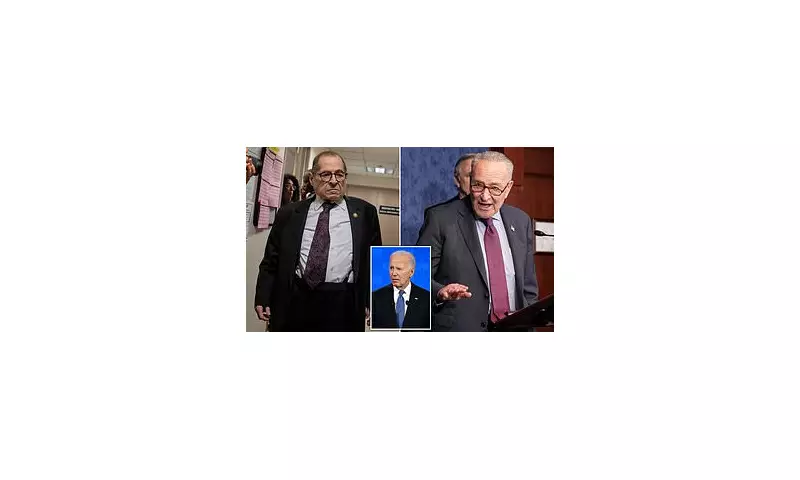
In a move that has sent shockwaves through Westminster political circles, a senior Democratic congressman has announced his abrupt departure from Capitol Hill, delivering a stinging critique of his own party's ageing leadership cadre.
A Sudden Departure Rocks the Democrats
The unexpected resignation comes at a critical juncture for the Democratic Party, which has been grappling with internal debates about its direction and electoral appeal. The departing congressman, whose sudden exit has caught many by surprise, pointed directly to what he termed the "geriatric leadership" plaguing the party's upper echelons.
The Ageing Leadership Question
This dramatic development highlights growing concerns within Democratic ranks about the need for generational renewal. With several key figures in their eighth and ninth decades maintaining powerful positions, questions about vitality, contemporary relevance, and connection with younger voters have become increasingly pressing.
The resignation statement contained unusually blunt criticism, suggesting that the party's refusal to embrace new blood and fresh perspectives was hampering its ability to effectively address modern challenges and connect with diverse electorate segments.
Political Implications and Succession
This departure creates immediate practical concerns for the Democratic leadership, including:
- A sudden vacancy in a key congressional position
- The need to manage succession planning amidst internal tensions
- Growing pressure to address leadership diversity and age considerations
- Potential ripple effects encouraging other frustrated members to speak out
Broader Party Tensions Surface
Political analysts suggest this resignation reflects deeper tensions within the Democratic coalition between establishment figures and newer progressive elements. The public nature of the criticism indicates that private frustrations about leadership demographics and party direction have reached a boiling point.
This development comes amid ongoing debates about the Democratic Party's electoral strategy and its appeal across different age demographics, particularly with younger voters who often express desire for more contemporary representation.
The departure and its accompanying criticism will likely fuel further discussion about political renewal, leadership transitions, and how traditional parties adapt to changing societal expectations in modern politics.





